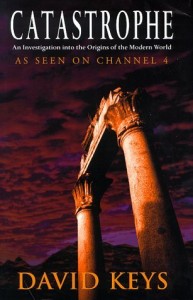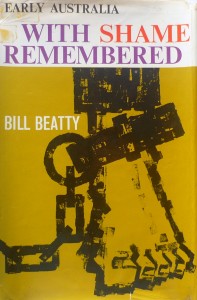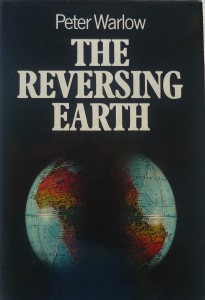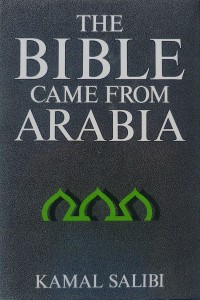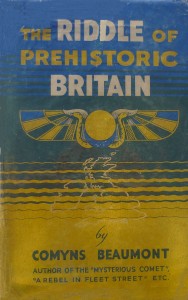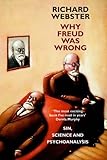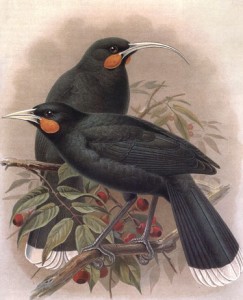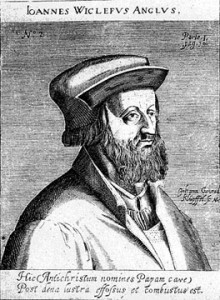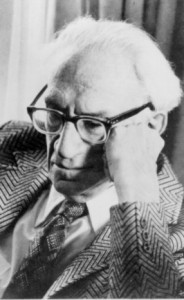“Foolish is the man who never reads a newspaper; even more foolish is the man who believes what he reads just because it is in the newspaper.”(August von Schlözer, German historian and journalist of the late 18th century)
There is justification for scepticism, especially when what is said involves vested interests. What happens then? Truth is sacrificed. As Arthur Ponsonby, English statesman, once noted: “When war is declared, Truth is the first casualty.” Yes, it is wise to examine the news with healthy scepticism.
The BBC Panorama programme ‘Undercover Nurse’ aired in July 2005, filmed conditions on an acute care ward at Royal Sussex County Hospital in Brighton. While acknowledging the deficiencies in care uncovered, legitimate questions may be asked of this style of investigation. Is this the best way to improve care services? Is this really in the public interest?

